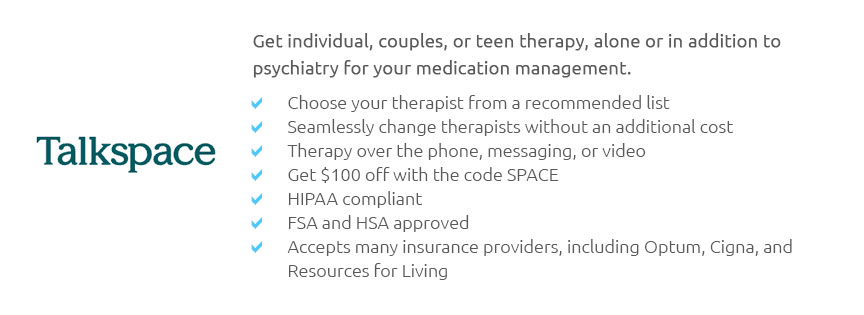 |
 |
 |
|---|
 |
 |
|---|
 |
|
|---|---|
 |
 |
 |
 |
 |
 |
 |
 |
 |
 |
 |
 |
 |
 |
 |
 |
|---|
Exploring the Role of African American Therapists in MichiganUnderstanding the Importance of Representation in TherapyRepresentation in therapy is crucial, especially for African American communities in Michigan. Having therapists who share cultural and racial backgrounds can significantly enhance the therapeutic experience, fostering trust and understanding. Benefits of Culturally Competent Therapy
Finding the Right Therapist in MichiganWhen searching for an African American therapist in Michigan, consider the following steps to ensure a good fit:
If you're also exploring options outside Michigan, you might find a therapist in Orland Park who meets your requirements. Overcoming Barriers to Accessing TherapyMany individuals face barriers when seeking therapy, such as cost and accessibility. For those thinking, 'I need therapy but can't afford it,' there are resources and sliding scale options available to make therapy more accessible. FAQWhy is it important to have African American therapists in Michigan?African American therapists bring cultural awareness and empathy to the therapeutic process, helping clients feel more understood and supported. How can I find an African American therapist in Michigan?You can start by searching online directories, asking for recommendations from your community, or contacting local mental health organizations for referrals. What should I consider when choosing a therapist?Consider their cultural competency, experience with your specific issues, and their approach to therapy. It's also important to feel comfortable and able to communicate openly with them. https://www.psychologytoday.com/us/therapists/michigan?category=african-american
Find the Right Black and African American Therapist in Michigan - Robert E Ennis Sr., LMSW; Maime (Sun) L Butler, MA, DTLLP; Syre Saniyah, PhD; Jerry Parker ... https://zencare.co/us/michigan/therapists/identity/black
Find Black / African-American therapists in Michigan. Watch introductory videos of providers and book a free initial call to find the right therapists for ... https://mentalhealthmatch.com/browse-therapists/michigan/detroit/black-therapists
Sidney Bohanen - Tanya Gillum - MarShondra Lawrence - Jordyn Adams - Karen Idigo - We'll help you find the right therapist. - Dr. W. Steven Boom.
|
|---|